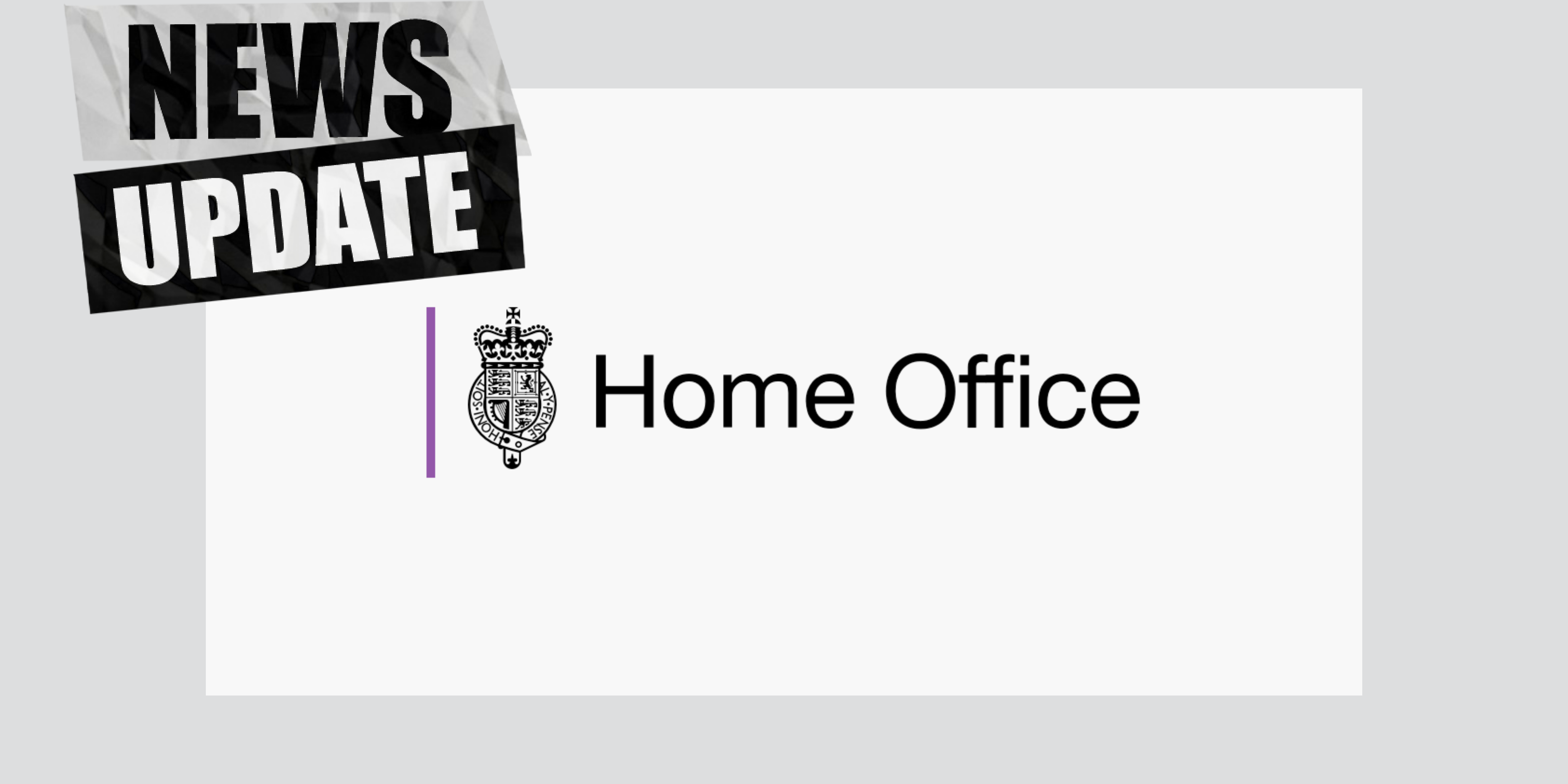Twitter: @CHavergalTHE
Rishi Sunak’s Cabinet reshuffle could have a significant impact on the UK’s positioning towards international student recruitment, with James Cleverly becoming home secretary and former prime minister David Cameron replacing him as foreign secretary.
Many in the higher education sector will likely welcome the sacking of Suella Braverman as home secretary following a row over an article accusing the Metropolitan Police of bias in the policing of protests, since she was seen as a driving force behind the government’s unease around the growing number of foreigners entering the UK on student visas.
Earlier this year, the government changed the rules to ban overseas students from bringing family members with them to the UK unless they are on postgraduate research courses, while there were suggestions that Ms Braverman would have liked to have gone further and placed more restrictions on – or cut the duration of – post-study work visas, which currently allow graduates to stay in the UK to look for work for two years after finishing their courses.
This summer, the government also introduced significant increases in the costs of study and work visas and the annual health surcharge, leading to warnings that this could force early career researchers out of the UK.
Mr Cleverly has at least some familiarity with the university sector, having served as education secretary for a brief spell between July and September 2022, during the dying days of the Boris Johnson government. He is a graduate of what is now the University of West London.
As foreign secretary, Mr Cameron will have much less influence on higher education policy, but he will play a key role in shaping how the UK is viewed overseas. As prime minister, for example, Mr Cameron was seen as pursuing a close relationship with China, a key source for international student recruitment for the UK. But his administration was also associated with a perceived general reluctance to support overseas enrolment, albeit under policies most closely associated with Theresa May, his home secretary.
Sector leaders have been giving their reaction to the reshuffle, with the education secretary, Gillian Keegan, and the science secretary, Michelle Donelan, remaining in post at the time of writing.
Rachel Hewitt, chief executive of the MillionPlus group of modern universities, said: “I hope that James Cleverly’s experience, albeit brief, as education secretary last year will mean he enters the role with an understanding of the key economic, social and cultural contributions that are brought by international students, as well as having an understanding of the soft power benefits of our UK higher education system from his former post of foreign secretary.”
Nick Hillman, director of the Higher Education Policy Institute, said Mr Cameron was “extraordinarily experienced at dealing with other world leaders”.
“So I suspect this is a positive appointment for our outward-looking universities,” Mr Hillman said. “However, David Cameron did strongly support attempts to reduce international students during his time as prime minister, and so we will need to work hard to show the benefits to the Foreign Office of having so much expertise from abroad in our higher education institutions.”
Janet Ilieva, director of the consultancy Education Insight, said Mr Cameron’s appointment was a “positive development”.
“UK higher education will benefit hugely from [the Foreign Office] playing a more prominent role in the UK’s global engagement internationally. The contribution of the UK universities to countries’ sustainable development is understated. UK transnational education makes a huge contribution to widening local access to higher education; it counteracts brain drain and supports skills development and training in the locations of its delivery,” Ms Ilieva said.
“Teaching and research partnerships, built on an equitable footing, are likely to attract support from international governments. However, their impact and visibility will be magnified if they are part of concerted national approach to development through strengthened HE cooperation.”
Anne Marie Graham, chief executive of the UK Council for International Student Affairs, said: “We welcome the appointment of a new home secretary. We and others across the sector will ensure that James Cleverly is fully informed on the benefits of international students so that he is able to make decisions in conjunction with his ministers. We look forward to working with him to ensure that international students have a positive experience studying in the UK.”


